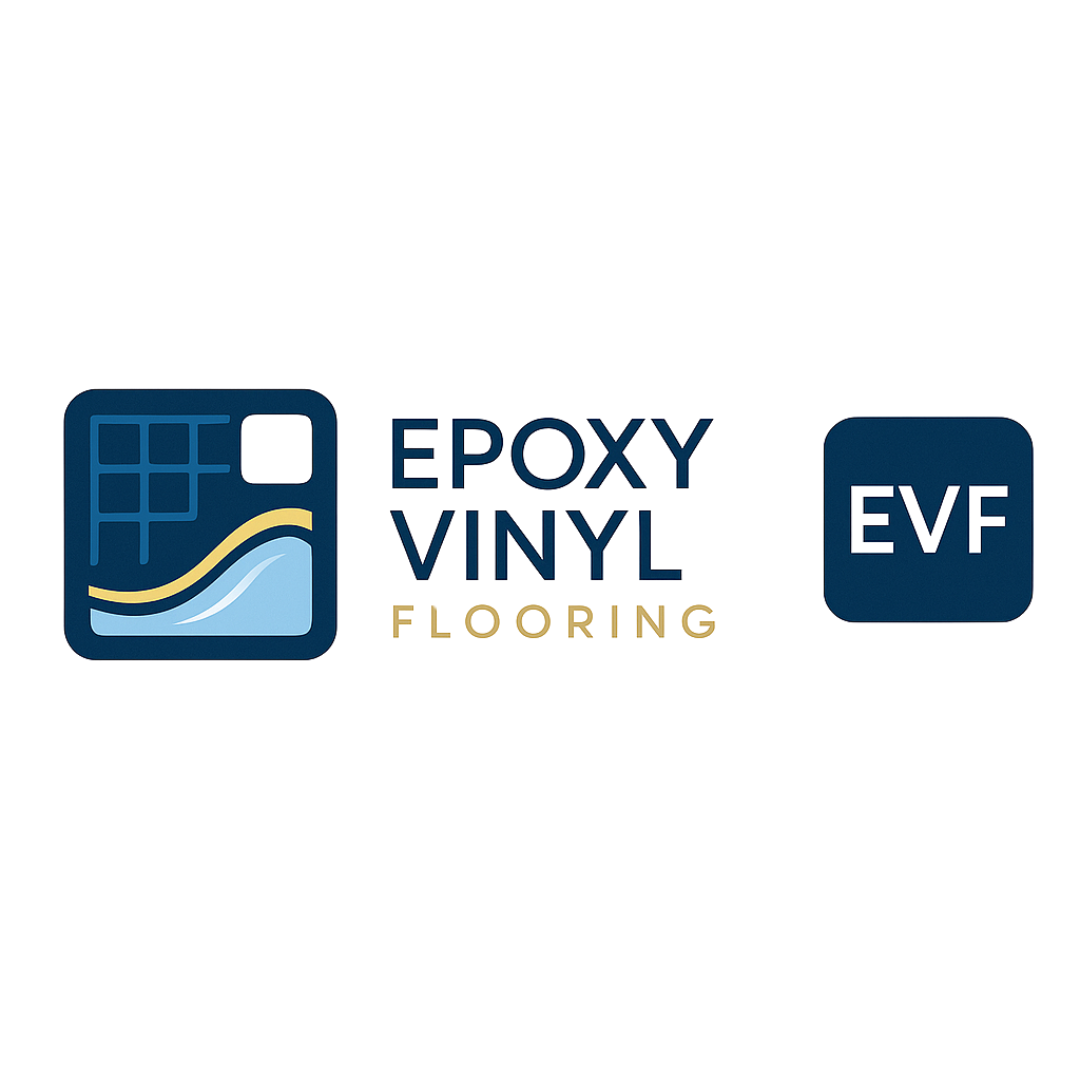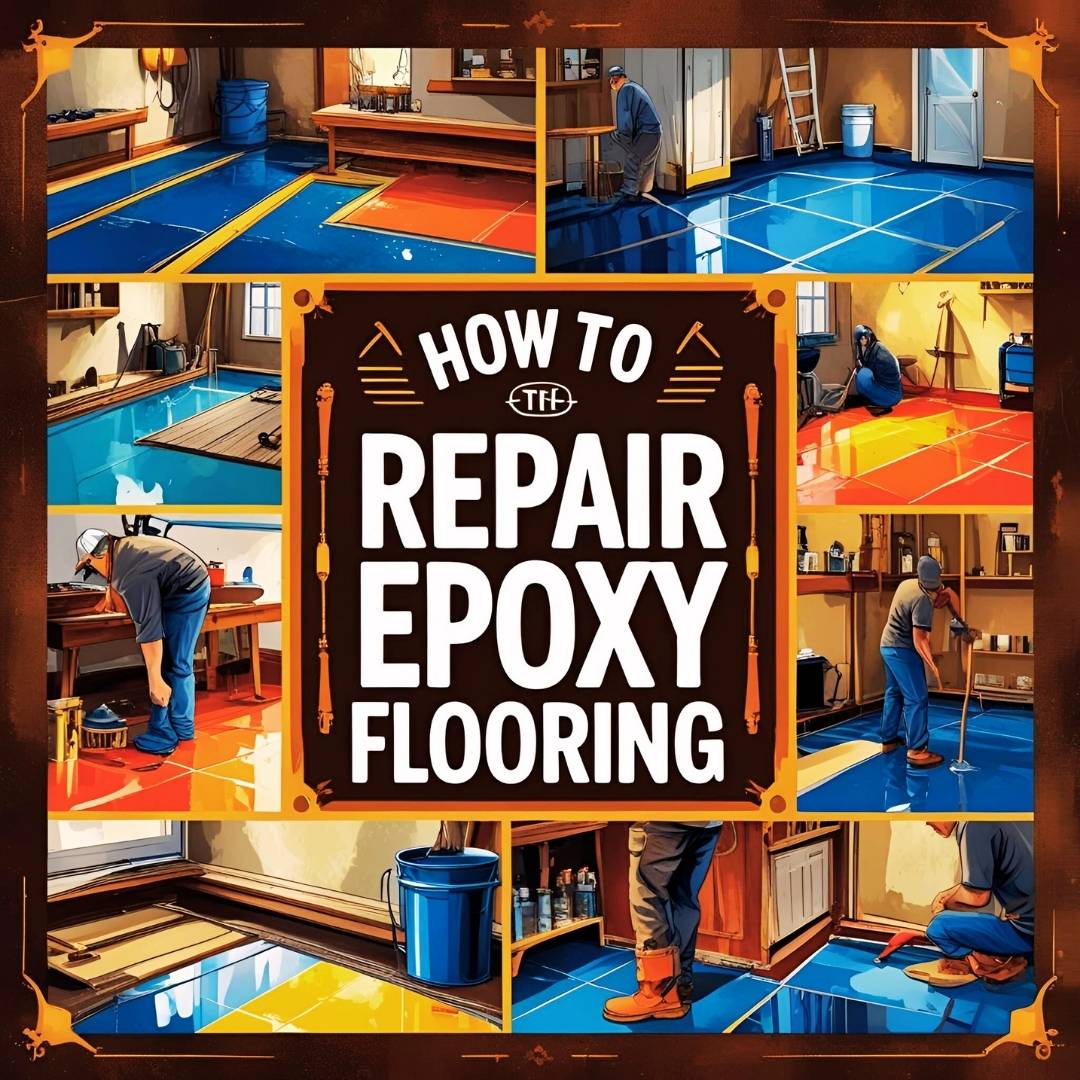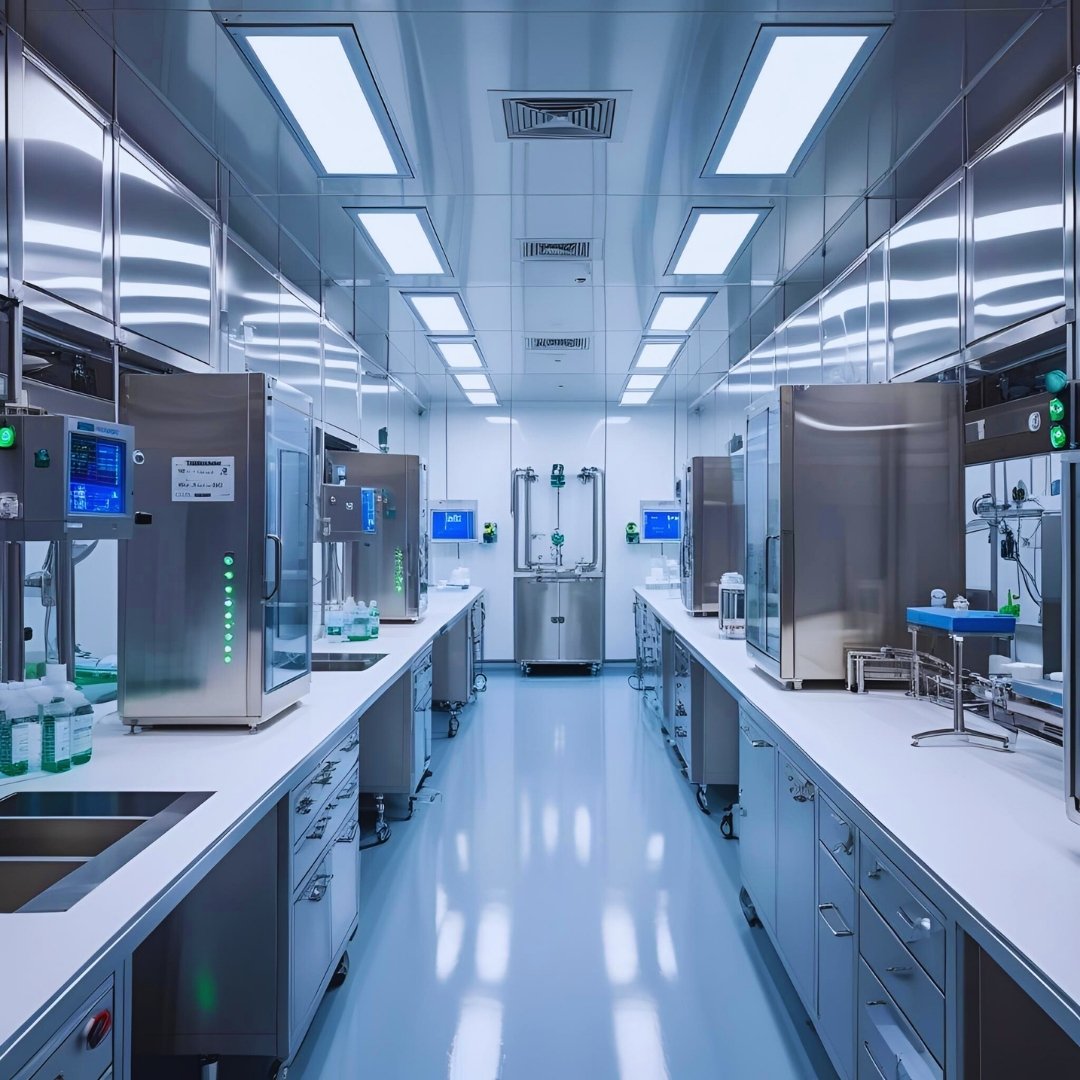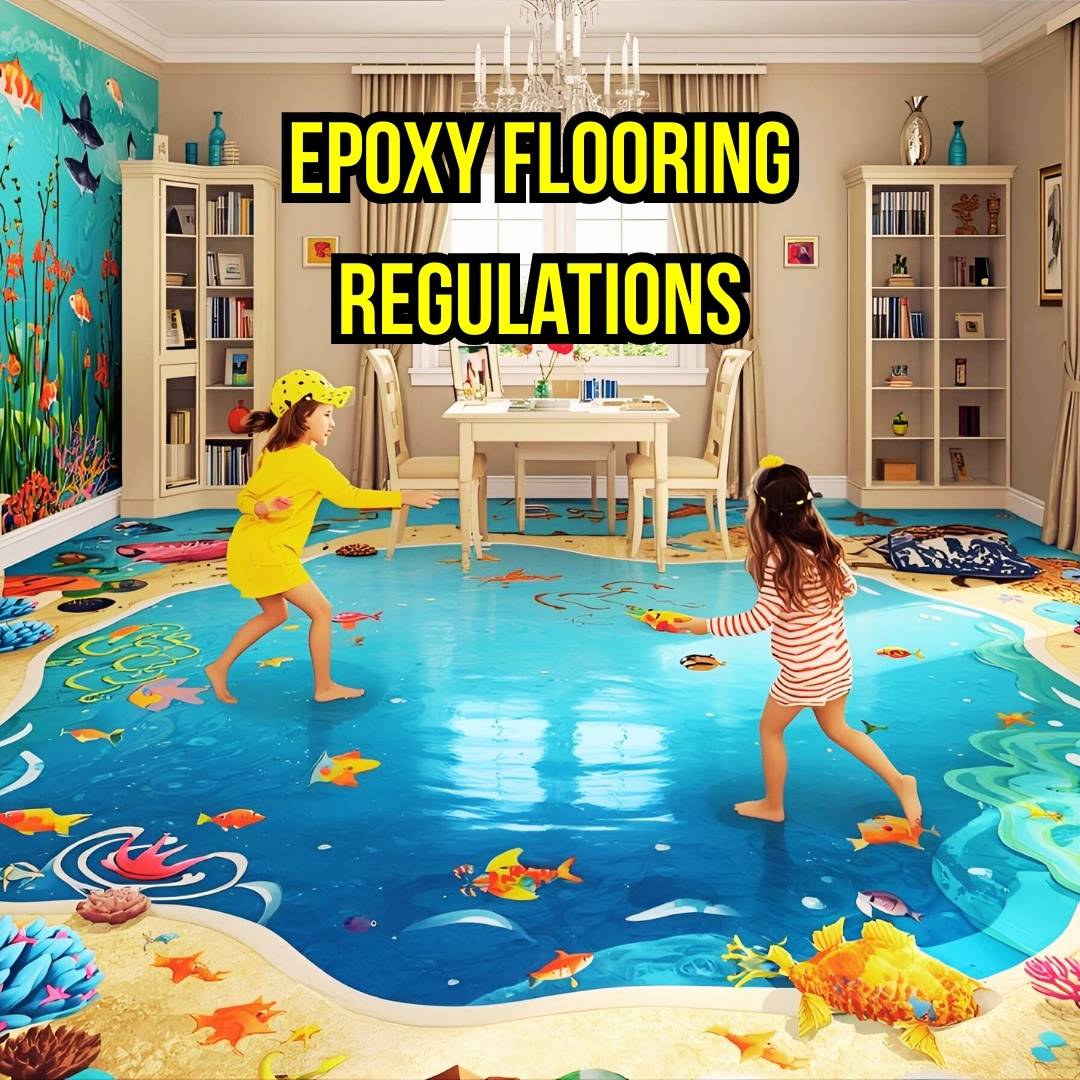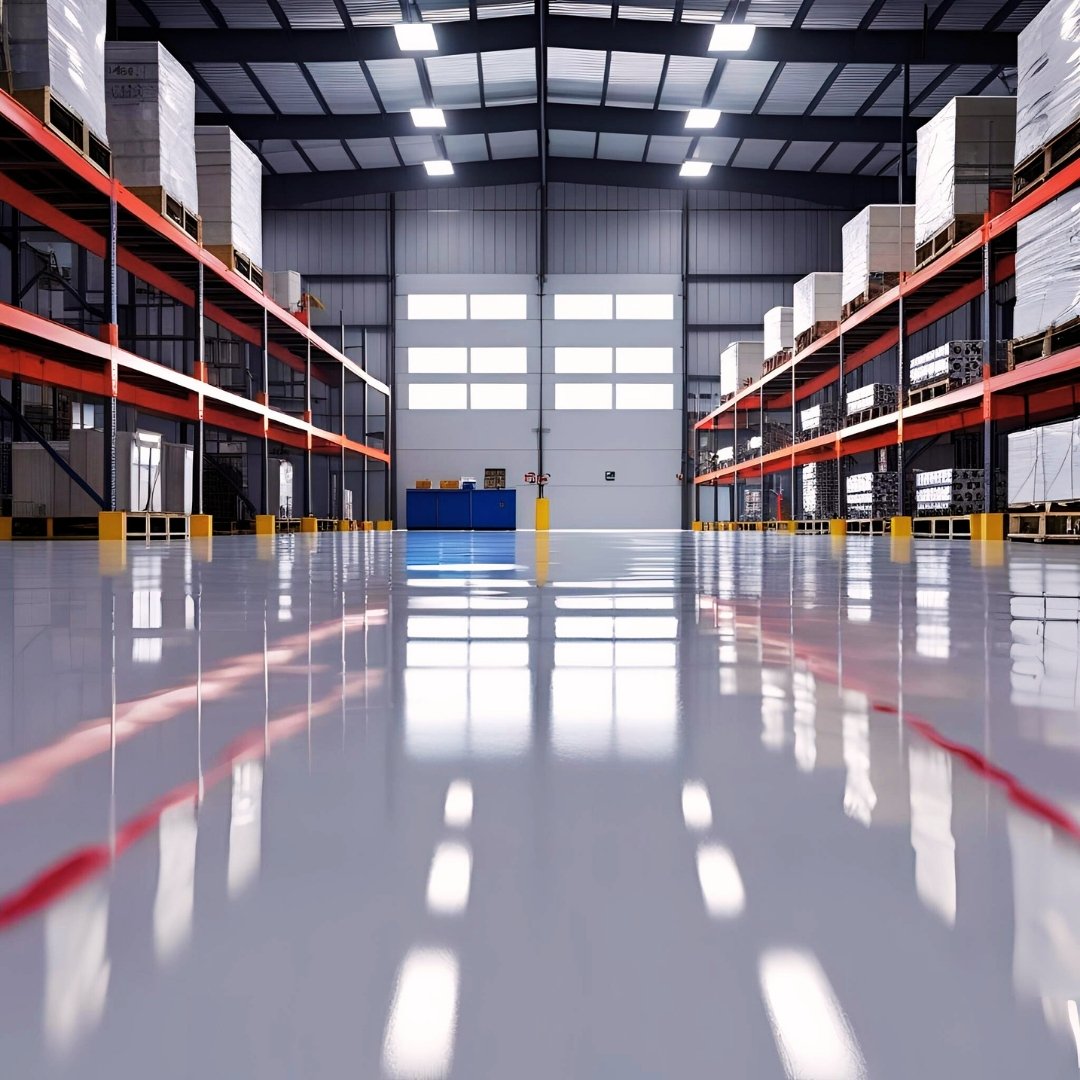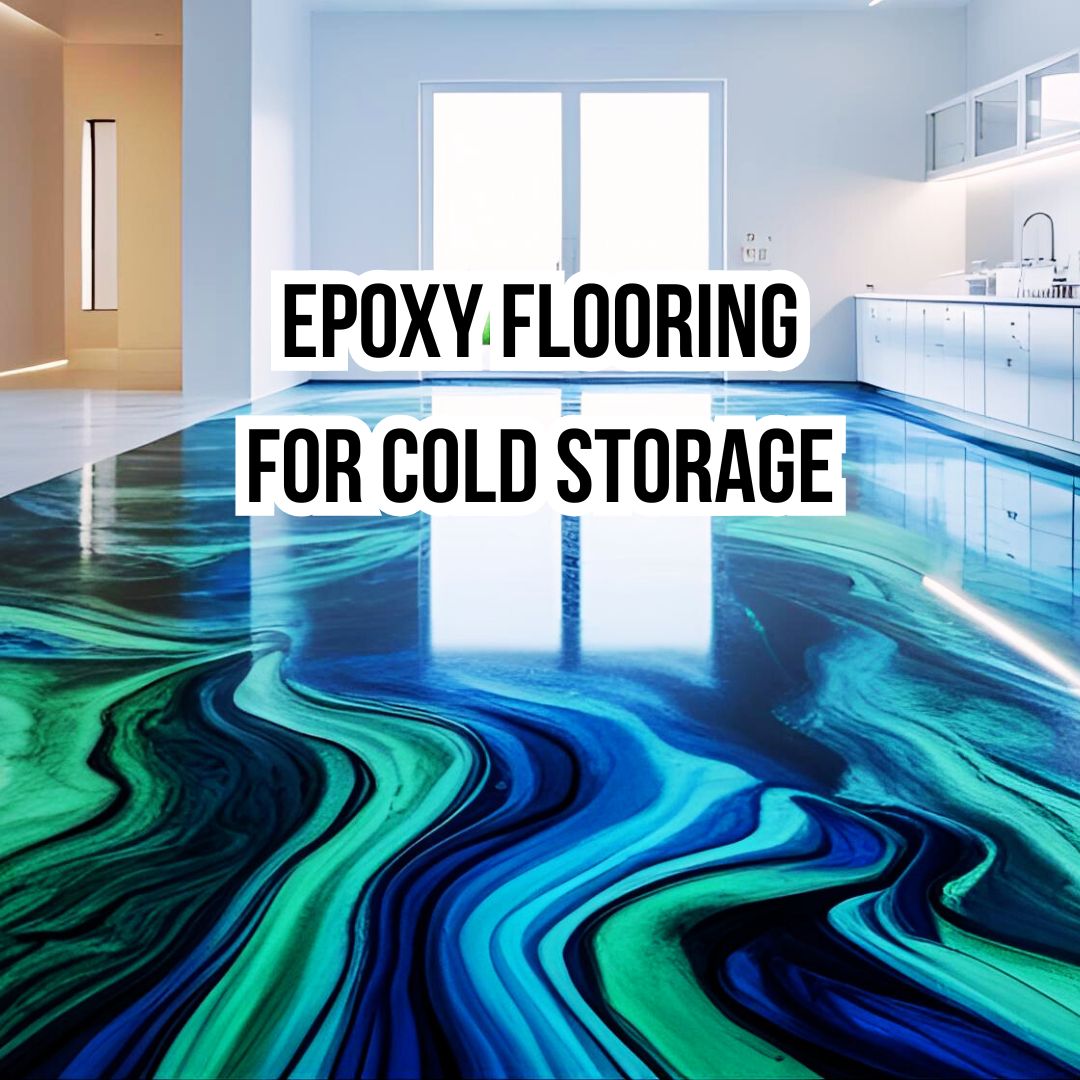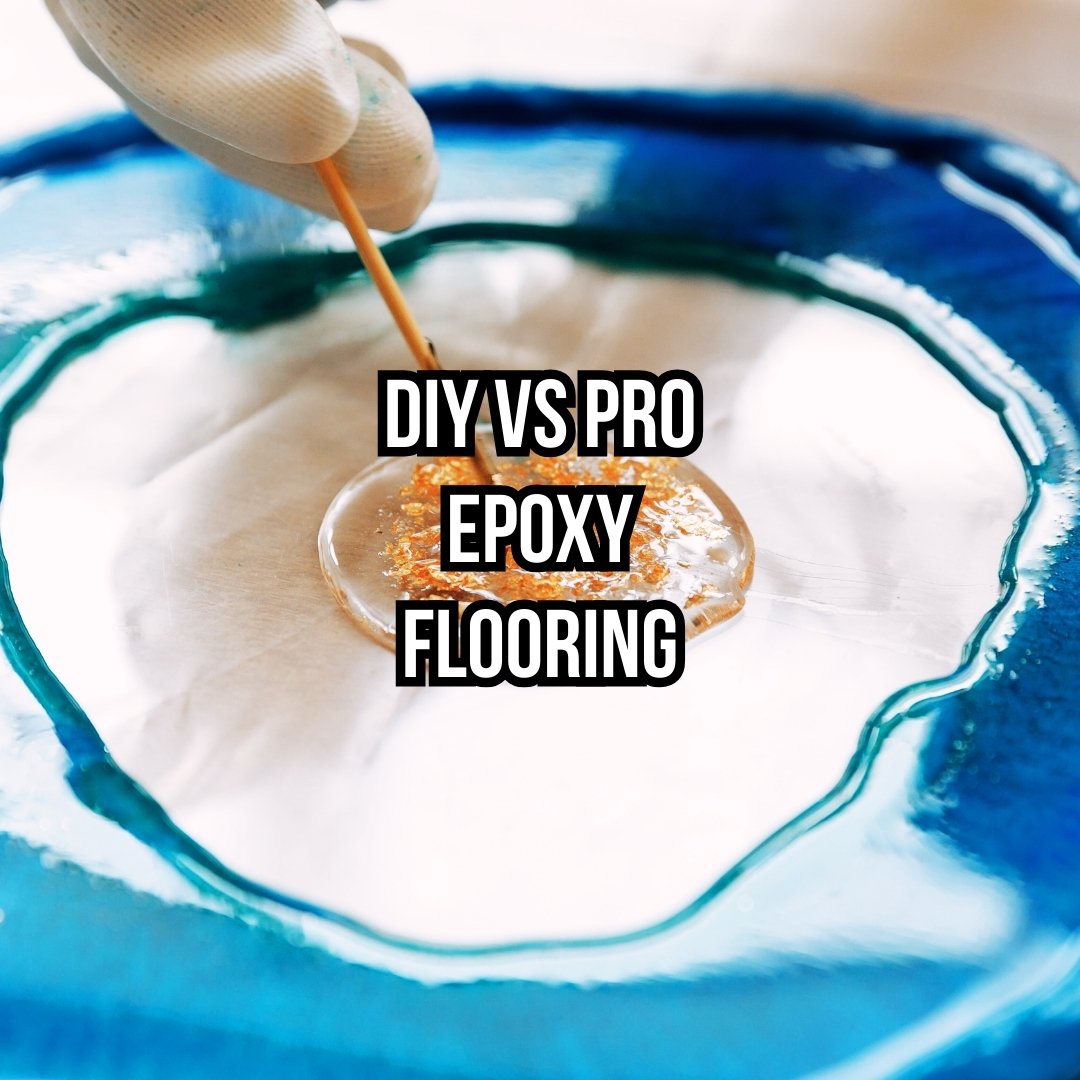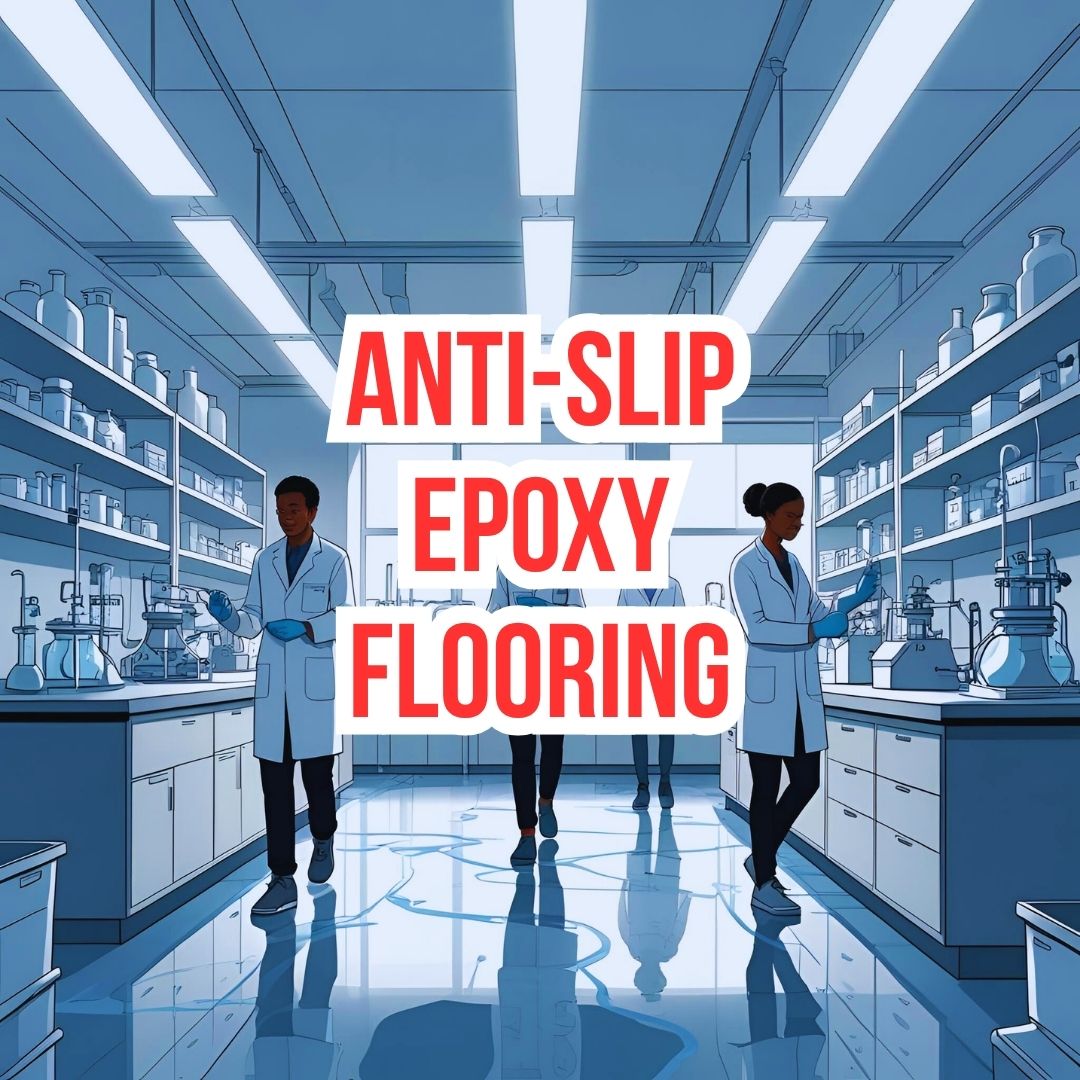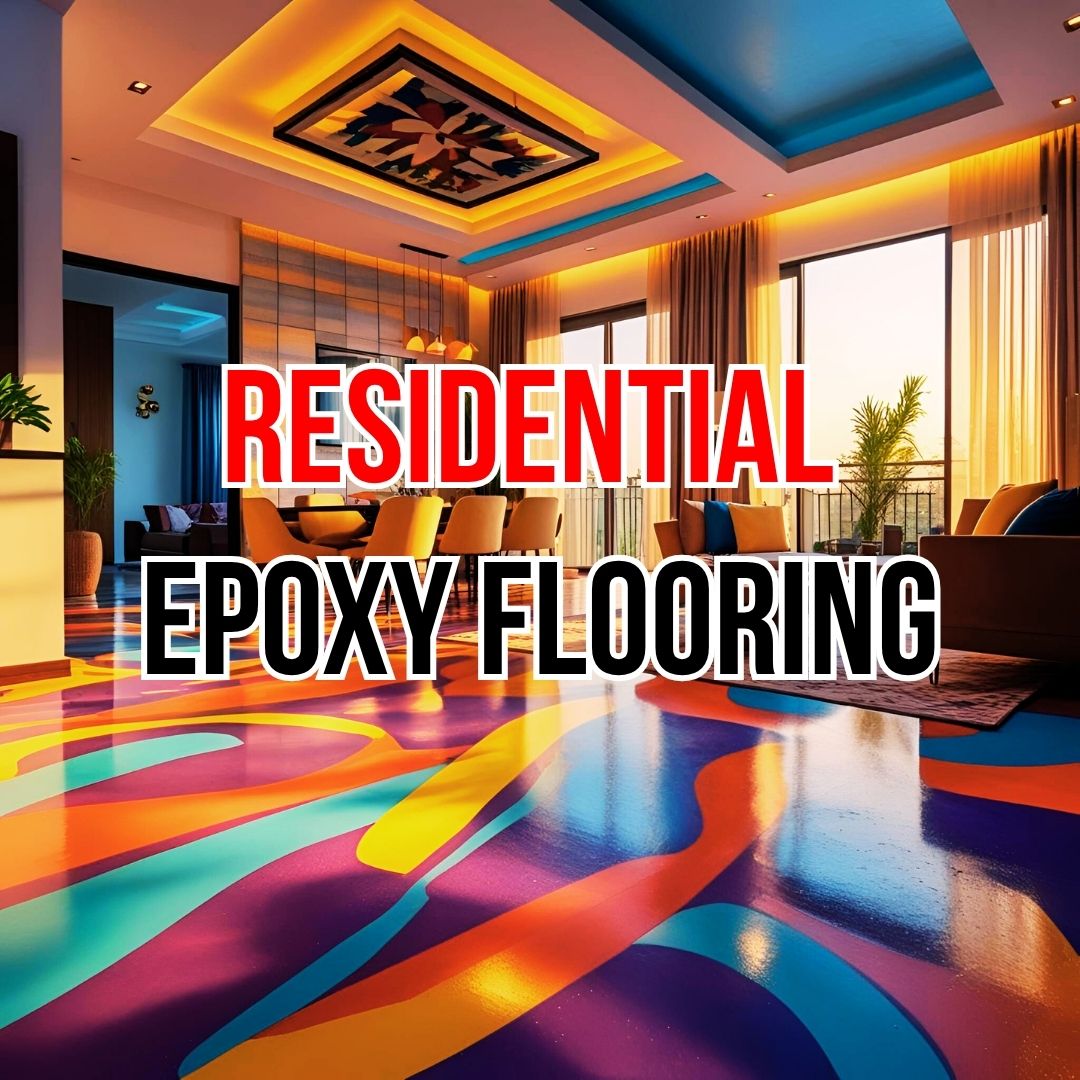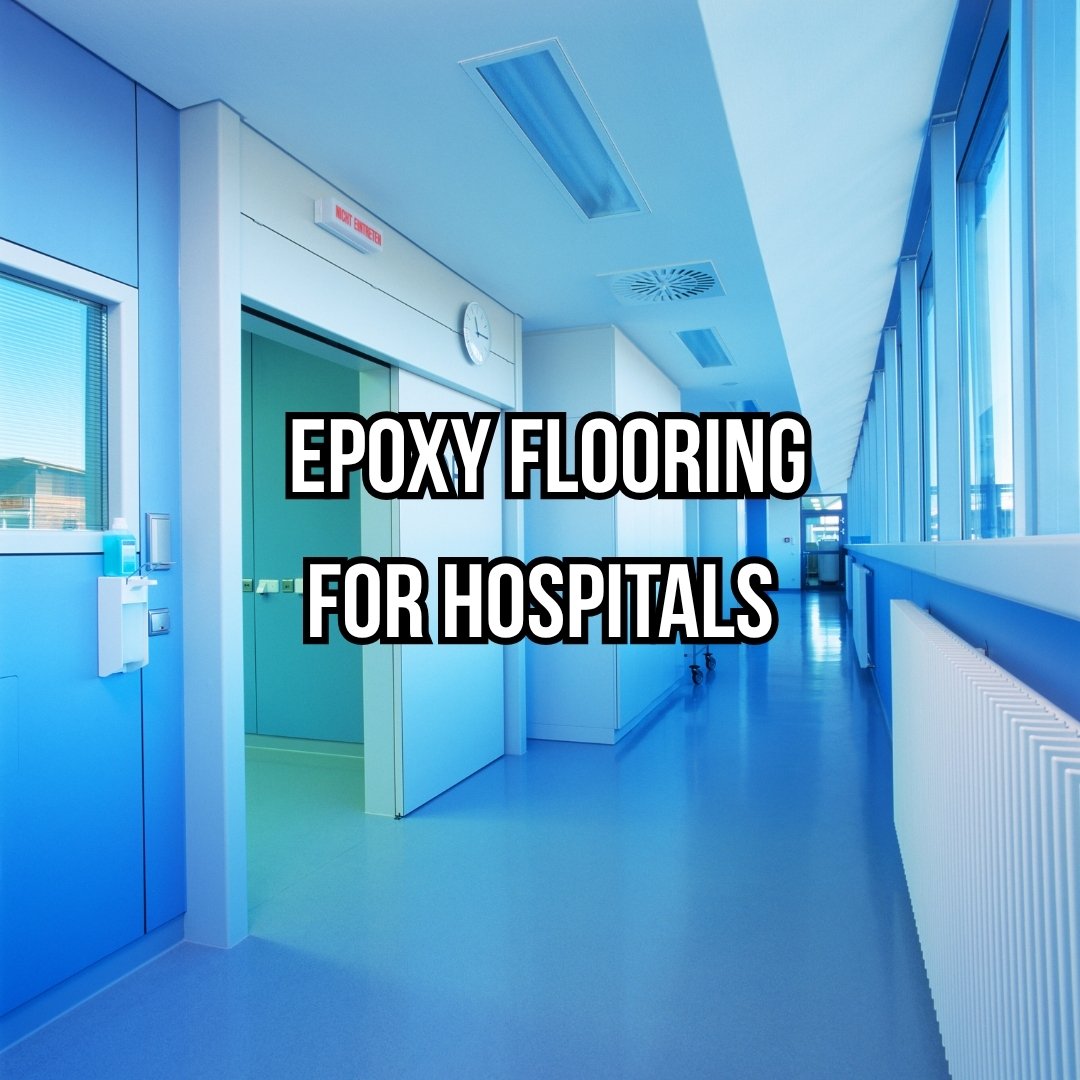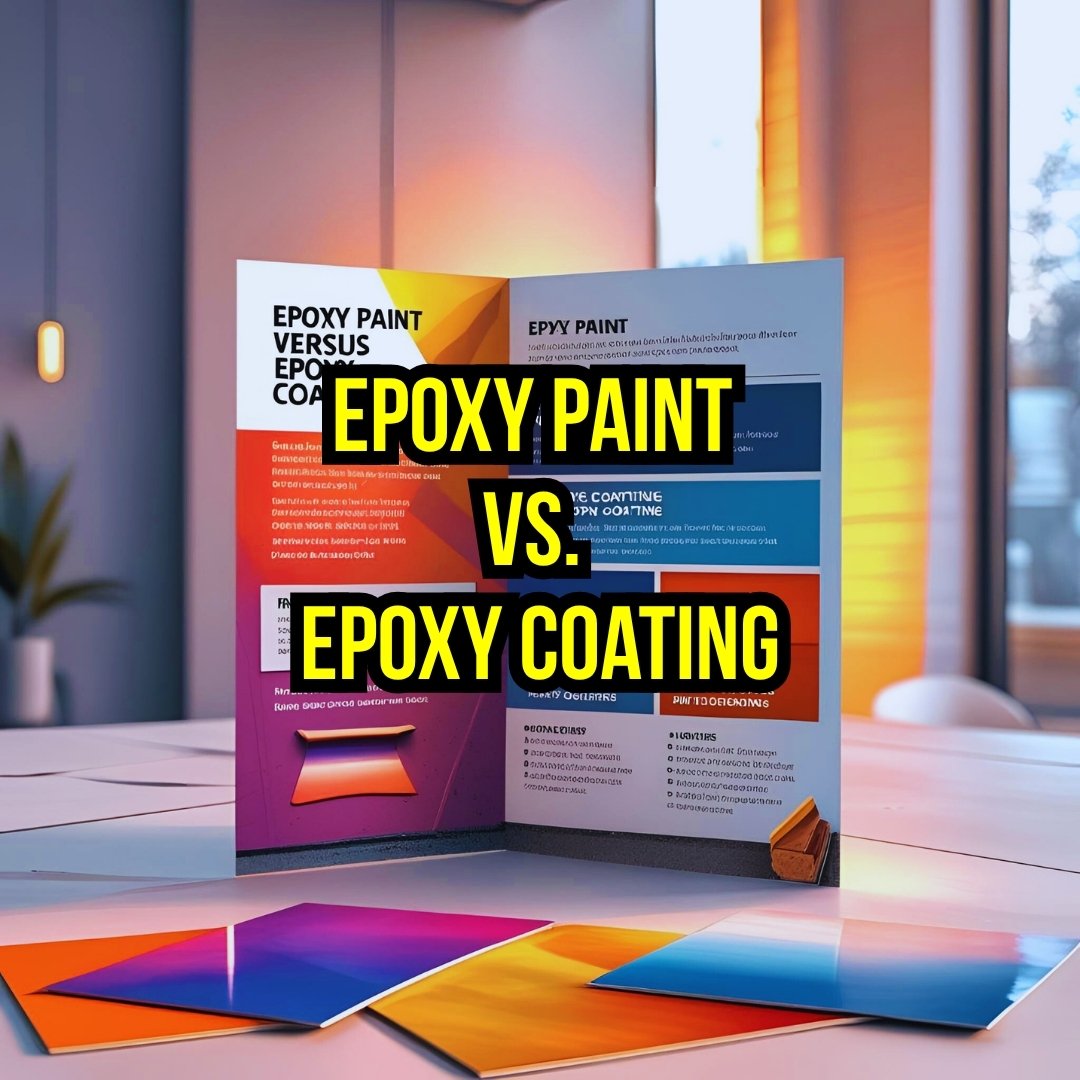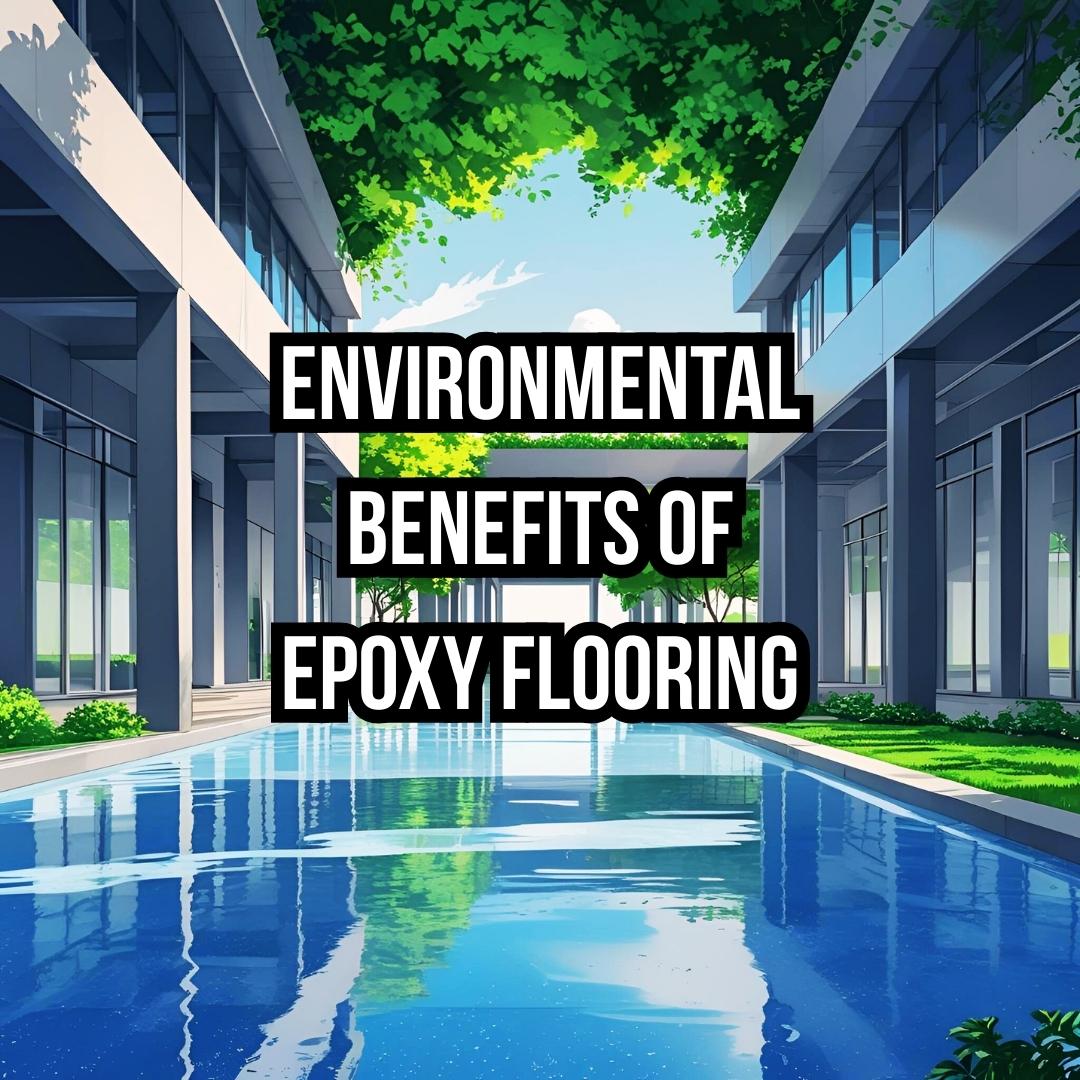
When you walk into a food and beverage facility in Ahmedabad, what’s the first thing you notice? Beyond the hum of machinery or the aroma of production, it’s often the floor beneath your feet. In places like food processing units, breweries, or cold storage warehouses, the flooring isn’t just a surface—it’s a critical component that ensures hygiene, safety, and operational efficiency. But what makes a flooring solution truly stand out in such demanding environments? How do you choose a material that balances durability, cleanliness, and compliance with strict industry standards?
In this article, we’ll explore why epoxy flooring is the gold standard for food and beverage facilities in Ahmedabad, diving into its benefits, installation process, and why it’s a preferred choice for industries across locations like Vatva, Naroda, and Satellite. Backed by AUM Industries, we bring years of experience in delivering tailored flooring solutions for Ahmedabad’s industrial and residential needs. Let’s unpack the essentials of epoxy flooring and why it’s a game-changer for food and beverage operations.
Why Epoxy Flooring for Food & Beverage Facilities?
Imagine a bustling food processing unit in Naroda GIDC, where spills, heavy foot traffic, and constant cleaning are part of the daily routine. The flooring in such an environment must withstand these challenges while maintaining a hygienic, safe workspace. So, what makes epoxy flooring the ideal choice for these facilities?
- Seamless and Non-Porous Surface: Epoxy creates a smooth, joint-free surface that prevents dirt, bacteria, or liquids from seeping in. This is critical for maintaining hygiene in food and beverage plants, where contamination risks are high.
- Chemical Resistance: Spills of oils, acids, or cleaning agents are common in food processing. Epoxy’s resistance to chemicals ensures the floor remains intact even under harsh conditions.
- Durability Under Pressure: Heavy machinery, constant foot traffic, and pallet movement are no match for epoxy’s robust structure, which resists wear, abrasion, and impact.
- Easy to Clean: A quick wipe or mop is all it takes to keep epoxy floors spotless, reducing downtime and maintenance costs in busy facilities.
- Compliance with Standards: Epoxy flooring meets stringent guidelines from bodies like the World Health Organization’s Good Manufacturing Practices (WHO-GMP) for food safety, ensuring your facility in areas like Vatva GIDC stays compliant.
But how does epoxy achieve these qualities? Let’s dive into the science and process behind it.
What Is Epoxy Flooring and How Is It Done?
If you’re managing a food processing unit in Odhav or a cold storage facility in Changodar, you might wonder: What is epoxy flooring, and how is it applied to create such a reliable surface? Epoxy flooring is a resin-based coating system that combines epoxy resin with a hardener to form a tough, glossy layer over concrete. The result is a seamless, durable surface tailored to high-demand environments.
The Installation Process
So, how is epoxy flooring done? The process is meticulous, requiring expertise to ensure a flawless finish. Here’s a simplified breakdown:
- Surface Preparation: The concrete floor is cleaned, repaired, and often ground to ensure a smooth base. Any cracks or imperfections are filled to prevent issues later.
- Priming: A primer layer is applied to enhance adhesion between the concrete and the epoxy coating.
- Epoxy Application: The epoxy resin and hardener are mixed and applied in layers. For food and beverage facilities, self-leveling epoxy—a type that spreads evenly to create a smooth, glossy finish—is often used.
- Curing: The floor cures for 24–48 hours, forming a hard, durable surface ready for heavy use.
- Optional Topcoats: Anti-slip or UV-resistant topcoats may be added for extra protection, especially in areas like Sabarmati’s food units, where sunlight exposure is a factor.
This process, when executed by professionals like those at Epoxy Vinyl Flooring, ensures a floor that’s not only functional but also visually appealing. But how long can you expect this investment to last?
How Long Does Epoxy Flooring Last?
Durability is a top concern for facility managers in Ahmedabad’s industrial hubs like Kathwada or Vatva. How long does epoxy flooring last in a food and beverage setting? With proper installation and maintenance, epoxy floors can last 10–20 years or more, even in high-traffic environments. Several factors influence this longevity:
- Quality of Materials: High-grade epoxy resins, like those used by AUM Industries, ensure superior durability.
- Installation Expertise: Proper surface preparation and application are critical to preventing peeling or cracking.
- Maintenance Practices: Regular cleaning with non-abrasive methods, as outlined in our guide to maintaining epoxy floors, extends the floor’s lifespan.
- Environmental Conditions: Ahmedabad’s hot and humid climate can affect flooring, but epoxy’s thermal stability makes it resilient.
For example, a dairy processing plant in Naroda GIDC we served installed epoxy flooring in 2015. Despite daily exposure to milk spills and heavy machinery, the floor remains intact and hygienic in 2025, thanks to routine maintenance and high-quality materials. Curious about keeping your epoxy floors in top shape? Contact us for a free consultation to discuss tailored solutions for your facility.
Epoxy Flooring vs. Vinyl Flooring: Which Is Better for Food & Beverage?
A common question we hear from facility managers in Ahmedabad is: Which is better, epoxy flooring or vinyl flooring, for food and beverage units? Both materials have their merits, but their suitability depends on your specific needs. Let’s compare them:
Epoxy Flooring
- Pros: Highly durable, seamless, chemical-resistant, and ideal for heavy-duty environments like food processing plants in Changodar. Meets WHO-GMP and Food Safety and Standards Authority of India (FSSAI) requirements.
- Cons: Higher upfront cost (₹150–₹300 per sq. ft.) and longer installation time due to curing.
- Best For: Facilities requiring maximum hygiene and durability, such as bottling plants or cold storage units in Vatva.
Vinyl Flooring
- Pros: Cost-effective (₹100–₹200 per sq. ft.), quick to install, and available in aesthetic options like luxury vinyl flooring. Good for low-traffic areas.
- Cons: Less durable under heavy machinery and not as chemically resistant as epoxy. Seams in sheet vinyl flooring can trap dirt.
- Best For: Administrative areas or low-impact zones in food facilities, such as offices in Satellite’s industrial estates.
For a food processing unit in Odhav handling acidic ingredients, epoxy’s chemical resistance and seamless surface make it the clear winner. However, for a facility’s employee lounge, vinyl flooring might suffice due to its affordability and design versatility. Want to explore which option suits your Ahmedabad facility? Reach out to us at Epoxy Vinyl Flooring for expert advice.
Cost of Epoxy Flooring in Ahmedabad
One of the most frequent questions from clients in areas like Sarkhej or Thaltej is: How much does epoxy flooring cost? In Ahmedabad, epoxy flooring price per sq. ft. ranges from ₹150 to ₹300, depending on factors like:
- Type of Epoxy: Self-leveling epoxy costs more than standard coatings due to its smooth finish.
- Surface Preparation: Extensive repairs or grinding increase costs.
- Location-Specific Needs: Facilities in humid areas like Sabarmati may require additional moisture-resistant primers.
- Add-Ons: Anti-slip coatings or decorative finishes can raise the price.
For instance, a 5,000 sq. ft. food processing plant in Vatva GIDC might spend ₹7.5–15 lakh for a high-quality epoxy floor, while a smaller facility in Naroda could see costs as low as ₹3 lakh. These figures are indicative and vary based on project specifics. For precise pricing, request a free quote tailored to your facility’s needs.
Meeting Hygiene Standards in Food & Beverage Facilities
Hygiene is non-negotiable in food and beverage facilities, where contamination can lead to costly shutdowns or regulatory penalties. Epoxy flooring aligns with standards set by authoritative bodies like the Food Safety and Standards Authority of India (FSSAI) and WHO-GMP, which emphasize:
- Non-Porous Surfaces: Prevent bacterial growth and contamination.
- Chemical Resistance: Withstand harsh cleaning agents used in food units.
- Smooth Finish: Facilitate easy cleaning to maintain a sterile environment.
A beverage bottling plant in Kathwada we worked with faced recurring contamination issues due to cracked tile floors. After switching to epoxy flooring, their hygiene audits improved significantly, and cleaning time was reduced by 30%. This is why facility managers across Ahmedabad trust epoxy for compliance and efficiency.
Tailored Solutions for Ahmedabad’s Food & Beverage Industry
Ahmedabad’s industrial landscape, from Vatva’s chemical plants to Naroda’s food processing hubs, demands flooring that can keep up with diverse needs. Here’s how epoxy flooring serves specific segments:
- Food Processing Plants: Seamless epoxy floors in Naroda GIDC units handle spills and heavy machinery while meeting FSSAI standards.
- Cold Storage Warehouses: In Changodar, epoxy’s thermal stability and anti-slip properties ensure safety in low-temperature environments.
- Beverage Bottling Units: High-gloss epoxy in Sarkhej facilities enhances aesthetics while resisting acidic spills from juices or sodas.
Backed by AUM Industries, we’ve delivered customized epoxy solutions across these sectors, ensuring compliance and durability. Our expertise extends beyond industrial applications—explore our residential epoxy flooring options for homes in Satellite or Thaltej.
Maintenance Tips for Long-Lasting Epoxy Floors
To maximize the lifespan of your epoxy floor, regular maintenance is key. Here are practical tips for food and beverage facilities:
- Daily Cleaning: Sweep or mop with a mild detergent to remove dust and spills. Avoid acidic cleaners that could damage the finish.
- Periodic Inspections: Check for scratches or wear, especially in high-traffic areas like loading zones in Vatva facilities.
- Prompt Spill Cleanup: Address chemical or oil spills immediately to prevent staining.
- Professional Recoating: Every 5–7 years, consider a topcoat refresh to maintain gloss and protection.
For detailed guidance, check our epoxy floor maintenance guide to keep your floors pristine.
FAQs About Epoxy Flooring for Food & Beverage Facilities
1. What is epoxy flooring, and why is it suitable for food facilities?
Epoxy flooring is a resin-based coating that forms a seamless, durable surface. Its non-porous nature and chemical resistance make it ideal for food and beverage facilities, preventing bacterial growth and ensuring easy cleaning.
2. How much does epoxy flooring cost in Ahmedabad?
In Ahmedabad, epoxy flooring costs ₹150–₹300 per sq. ft., depending on the type of epoxy, surface preparation, and location-specific needs like moisture resistance in areas like Sabarmati.
3. How long does it take to install epoxy flooring?
Installation typically takes 3–5 days, including surface preparation, application, and curing. Larger facilities in Naroda GIDC may require additional time for complex layouts.
4. Is epoxy flooring better than tiles for food processing units?
Epoxy is often preferred over tiles for its seamless, non-porous surface, which prevents bacterial buildup and is easier to clean. Tiles, with their grout lines, can trap dirt and require more maintenance.
5. Can epoxy flooring withstand Ahmedabad’s climate?
Yes, high-quality epoxy is designed to resist Ahmedabad’s heat and humidity, especially with UV-resistant topcoats for facilities in sunny areas like Satellite.
6. How do I maintain epoxy flooring in a food facility?
Regular sweeping, mopping with mild detergents, and prompt spill cleanup keep epoxy floors in top condition. Periodic professional recoating every 5–7 years enhances longevity司机
7. Where can I find reliable epoxy flooring services in Ahmedabad?
Look for experienced providers like Epoxy Vinyl Flooring, backed by AUM Industries, serving areas like Vatva, Naroda, and Satellite. Contact us at epoxyvinylflooring.com for a free quote.
Transform Your Facility with Epoxy Flooring Today
Whether you’re managing a food processing plant in Naroda GIDC, a cold storage unit in Changodar, or a bottling facility in Vatva, epoxy flooring offers unmatched hygiene, durability, and compliance. Backed by AUM Industries, Epoxy Vinyl Flooring brings technical expertise and tailored solutions to Ahmedabad’s industries and homes. Don’t let outdated flooring compromise your operations—invest in a solution that lasts.
Ready to elevate your facility’s flooring? Contact us for a free quote or call us at +91-9274313580. Let’s create a hygienic, durable, and compliant floor for your Ahmedabad facility today!

